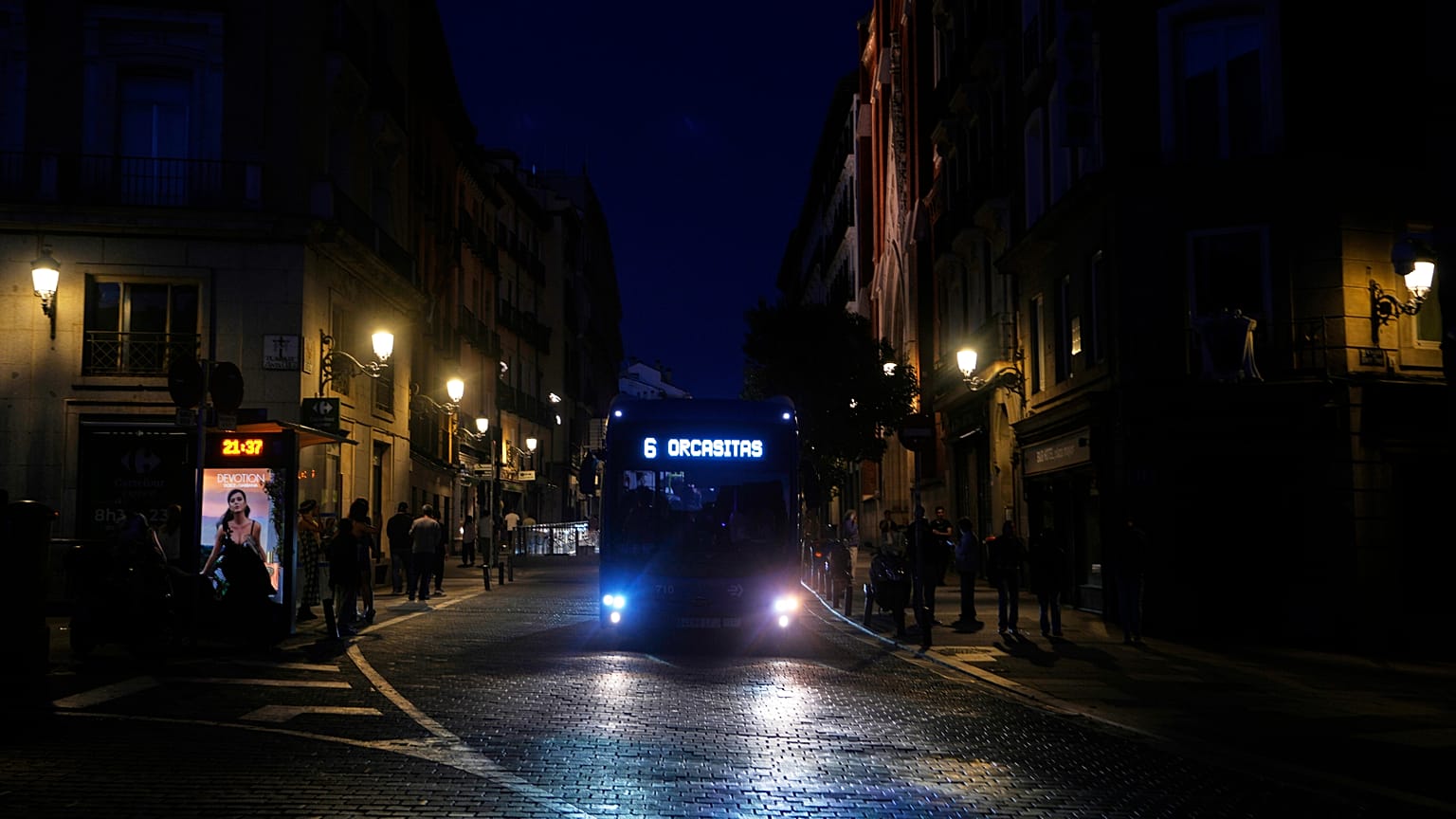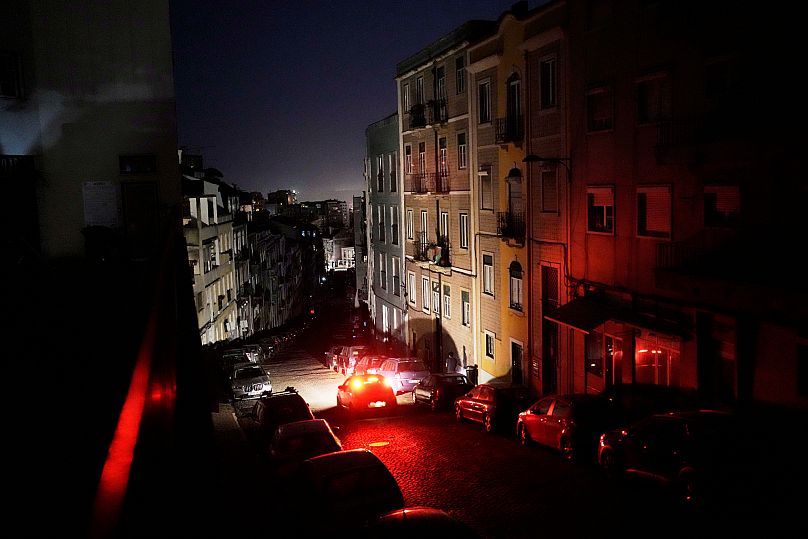A power blackout in April left 60 million people in the Iberian Peninsula without power. Experts cited cascading overvoltage as the cause, affecting vital services in Spain and Portugal.
The Iberian Peninsula blackout that left 60 million people without power in April resulted from cascading power spikes and the electricity grid's inability to automatically absorb sudden power losses, EU technical experts reported Friday.
 ADVERTISEMENT
ADVERTISEMENT
 ADVERTISEMENT
ADVERTISEMENT
The April 28 incident which resulted in a total loss of the power supply disrupted metro networks, traffic lights, air traffic, mobile services and emergency systems in Portugal and Spain, in what experts called Europe's "most significant power system event" in over two decades.
Financial services, including ATM machines, were impacted, and even essential sectors like the emergency services faced hardship. Brief power outages were also reported in parts of the French Basque Country.
“It has never happened before in Europe, this is new territory, the first of its kind,” the European Network of Transmission System Operators for Electricity (ENTSO-E)’s chairman Damian Cortinas told reporters.
Experts led by Klaus Kaschnitz and Richard Balog have been mandated by EU law to investigate the incident from the technical standpoint, focusing on the three hours before the incident took place on the morning of 28 April.
The team's role was not to assign blame but to assess the facts and issue recommendations for policymakers to follow, Cortinas said.
It's not complicated, but needs to be required
The experts attributed the root cause of the incident to "cascading overvoltage," a technical event in which one power spike triggers additional spikes, spreading through the power network like a chain reaction, Cortinas explained. The problem, they said, is the grid's inability to reboot the system automatically.
“It’s important for every power generation to have voltage control,” said Cortinas, noting that the grid system currently does not have a way to regulate this automatically.
"It can be done in the same way as in classical generation, it’s not complicated, but needs to be required. We will advocate clearly for changes in future regulation,” Cortinas explained.
The team said the process was challenging due to the need to collect considerable data from several relevant organisations, including facing resistance from eight Spanish generation companies, which did not consent to share information.
“The main question now is how to improve the system to avoid similar incidents,” said Kashnitz, co-lead of the technical investigation.
The work conducted by ENTSO-E presented facts and data on the incident. A more in-depth analysis and recommendations will be published early in 2026, according to the experts.
European Commissioner for Energy and Housing Dan Jørgensen said the blackout in the Iberian Peninsula highlighted the European energy system's new challenges.
“We must learn from this together and act decisively to prevent such incidents. The European Commission is already working on a review of the EU’s energy security framework to ensure our systems are fit for the future,” said Jørgensen.
Rana Adib, executive director of the Renewable Energy Policy Network for the 21st Century (REN21), said the Iberian Peninsula blackout was a wake-up call to speed up the modernisation of the existing grid.
“As renewable energy grows, system resilience must grow with it. This means planning holistically: for supply, infrastructure, flexibility and demand — and ensuring strong multi-stakeholder collaboration from the start,” said Adib.
The European Commission is due to present legislation to rejuvenate the bloc’s power network on 25 November.















